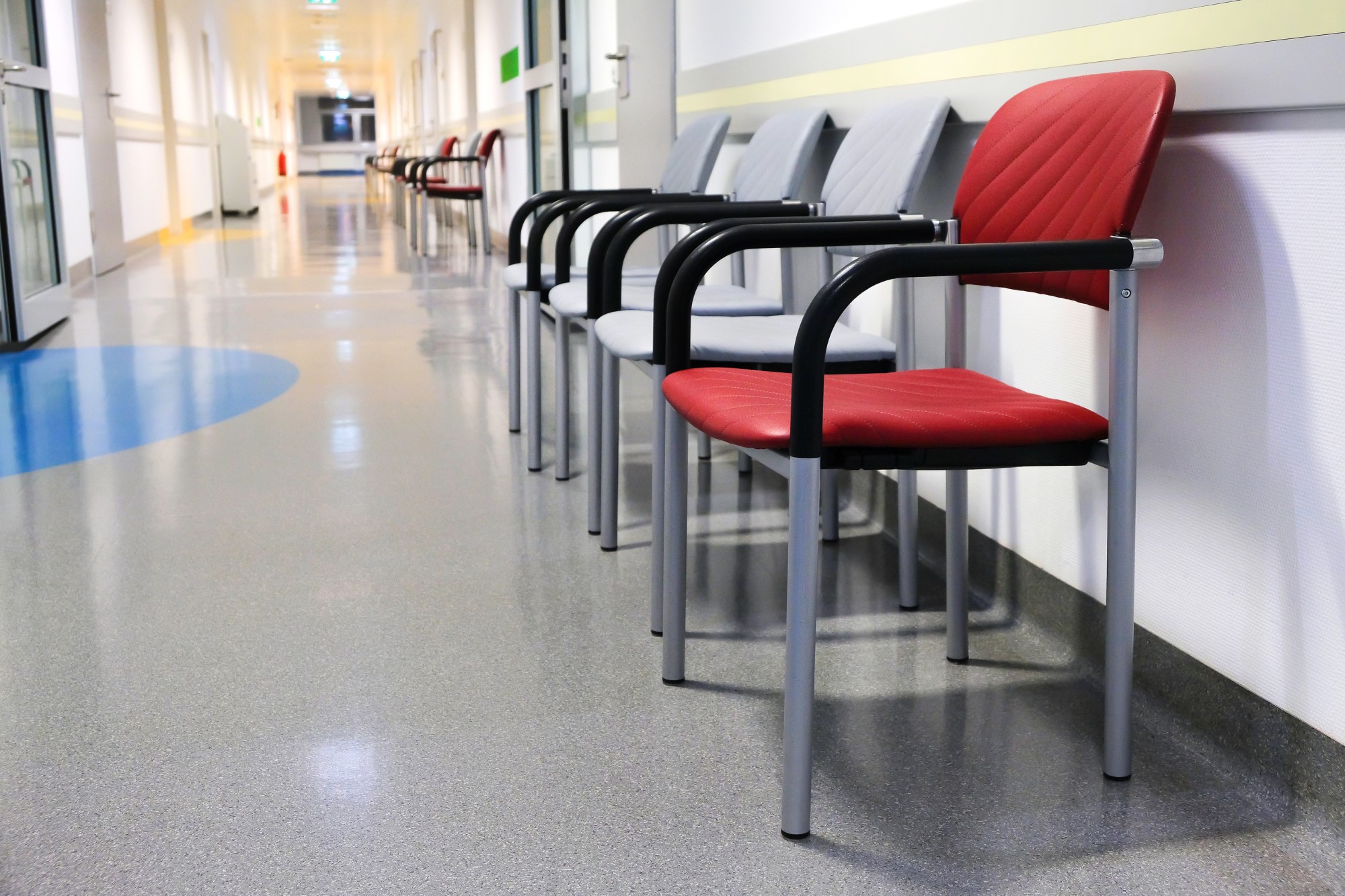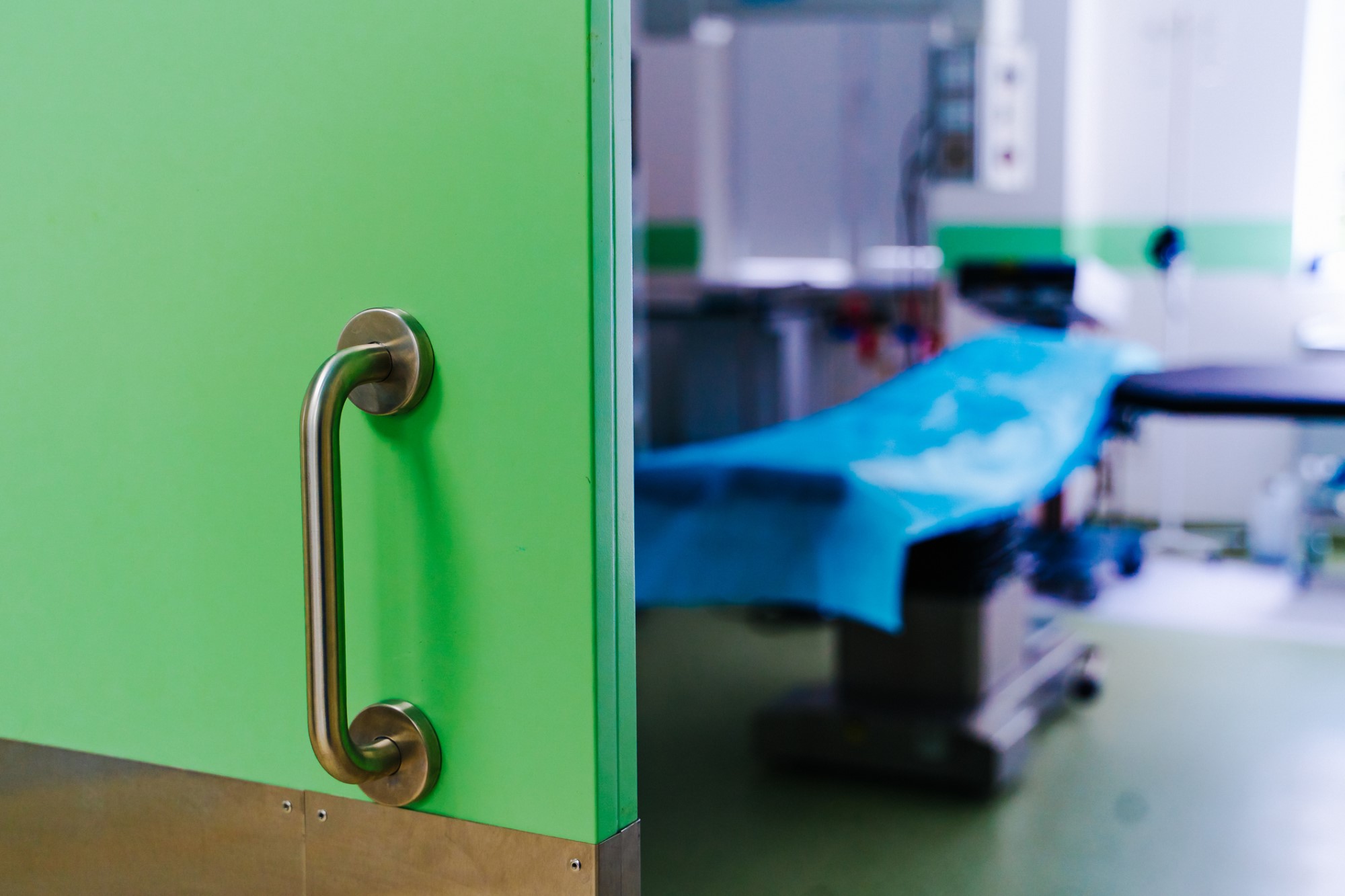The Ethical Tradeoffs of Medical Surveillance: Tracking, Compassion, and Moral Formation

Our ability to track doctors – their movements, their location, and everything they accomplish while on the job – is increasing at a rapid pace. Using RFID tags, hospitals are able to not only track patients and medical equipment, but hospital staff as well, allowing administrators to monitor the exact amount of time that physicians spend in exam rooms or at lunch. On top of that, electronic health record systems (EHRs) require doctors to meticulously record the time they spend with patients, demanding that doctors spend multiple hours a day charting. And more could be on the way. Researchers are now working on technology that would track physician eye movement, allowing surveillance of how long a doctor looks at a patient’s chart or test results before making a diagnosis.
There are undeniable benefits to all of this tracking. Along with providing patients and their families with detailed examination notes, such detailed surveillance ensures that doctors are held to a meaningful standard of care even when they are tired or stressed. And workplace accountability is nothing new. Employers have used everything from punch clocks, supervisors, and drug tests to make sure that their staff is performing while on the job.
Yet as the surveillance of physicians becomes ever more ubiquitous, the number of moral concerns increases as well. While tracking typically does improve behavior, it can also stunt our moral growth. Take, for example, plagiarism detectors. If they are 100% accurate at detecting academic dishonesty, then they drastically reduce the incentive to cheat, making it clearly counterproductive for those who want to pass their classes. This will cause most students to avoid plagiarism simply out of sheer self-interest. At the same time though, it robs students of an opportunity to develop their moral characters, relieving them of the need to practice doing the right thing even when they might not get caught.
On the other hand, while school might be an important place to build the virtues, hospitals clearly are not. We want our doctors to be consistently attentive and careful in how they diagnose and treat their patients, and if increased surveillance can ensure that, then that seems like a worthwhile trade-off. Sure, physicians might miss out on a few opportunities for moral growth and formation, but this loss can be outweighed by not leaving it up to chance whether any patients fall through the cracks. If more surveillance means that more patients get what they need, then so be it.
The problem, however, is that surveillance may not mean that hospitals are always getting more quality care, but simply getting more of what they measure. As doctors become more focused on efficient visit times and necessary record-keeping, there is evidence piling up that suggests that technological innovations like EHRs actually decrease the amount of time that physicians spend with their patients. Physicians now spend over 4 hours a day updating EHRs, including over 15 minutes each time they are in an exam room with a patient. Many doctors must also continue charting until late into the night, laboring after hours to stay on top of their work and burning out at ever increasing rates. So, while patient records might be more complete than ever before, time with and for patients has dwindled.
All of this becomes particularly concerning in light of the connection between physician compassion and patient health. Research has shown that when healthcare providers have the time to show their patients compassion, medical outcomes not only improve, but unnecessary costs are reduced as well. At the same time, compassion also helps curtail physician burnout, as connecting with patients makes doctors happier and more fulfilled.
So maybe the moral formation of doctors is not irrelevant after all. If there is a strong link between positive clinical outcomes and doctors who have cultivated a character of compassion (doctors who are also less likely to burn out), then how hospitals and clinics form their physicians is of the utmost importance.
This, of course, raises the question about what this means for how we track doctors. The most straightforward conclusion is that we shouldn’t give physicians so much to do that they don’t have any time for empathy. Driven by an emphasis on efficiency, 56% of doctors already say that they do not have enough time for compassion in their clinical routines. If compassion plays a significant role in providing quality healthcare, then that obviously needs to change.
But an emphasis on compassion and the moral characters of doctors raises even deeper questions about whether medical surveillance is in need of serious reform. It is extremely difficult to measure how compassionate doctors are being with their patients. Simply tracking a certain period of time, or particular eye movements, or even a doctor’s tone of voice might not truly reflect whether doctors are being empathetic and compassionate towards their patients, making it unclear whether more in-depth surveillance could ever ensure the kinds of personal interactions that are best for both doctors and their patients. And as we have seen, whatever metrics hospitals attempt to track, those measures are the ones that doctors will prioritize when organizing their time.
For this reason, it might be that extensive tracking will always subtly undermine the outcomes that we want, and that creating more compassionate healthcare requires a more nuanced approach to tracking physician performance. It may be possible to still have metrics that ensure all patients get a certain baseline of care, but doctors might also need more time and freedom to connect with patients in ways that can never be fully quantified in an EHR.




